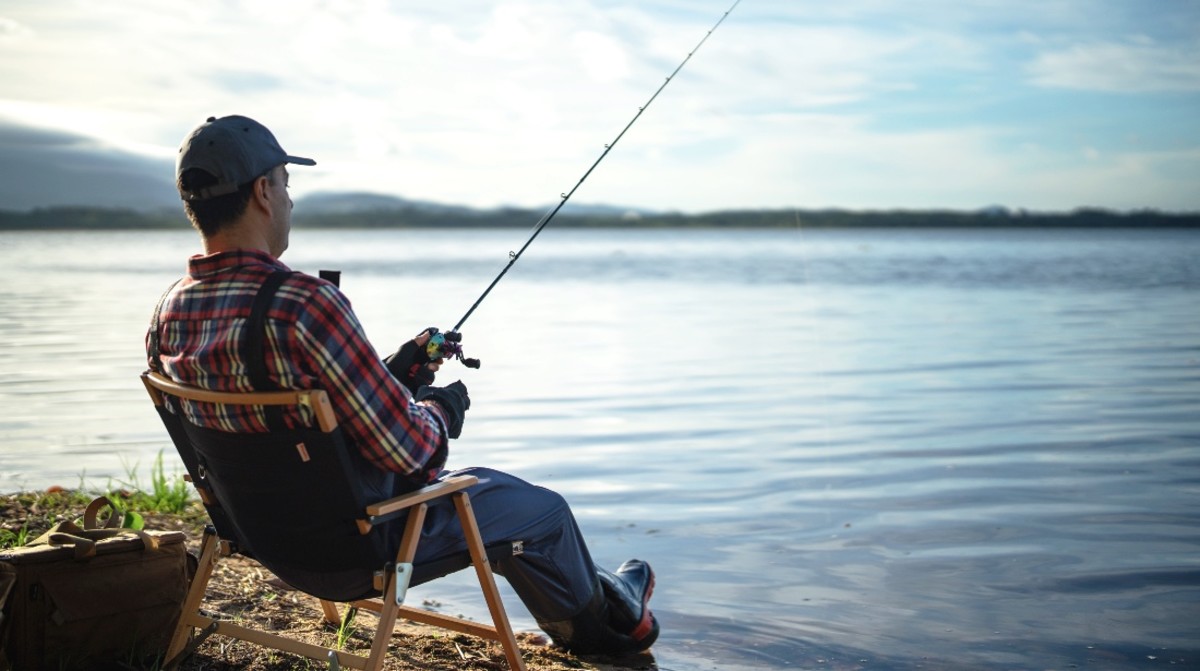Research conducted in the U.K. found what longtime fishing hobbyists could have likely already told us. Angling is tied to a lower risk of mental health conditions such as anxiety, depression, and suicidal thoughts.
The study, which was conducted by Anglia Ruskin University in Cambridge, Ulster University, and Queen’s University, Belfast, took 1,752 total male participants who were given an online survey that asked them a range of questions about their participation in recreational angling, physical activity levels, diagnosis of psychiatric disorders, and mental health and well-being.
The results found that those who took part in angling more regularly were almost 17 percent less likely to report being diagnosed with mental health conditions compared to those who take part in the hobby less regularly. And those who fished more frequently saw an even greater positive impact on their mental health.
"In general, the findings suggest that encouraging frequent participation in recreational angling could be a dual method strategy for promoting relaxation and positive mental health, as well as encouraging increased levels of physical activity in those with mental health issues," the study's authors write.
Related: The Most Nutritious Fish for Your Diet Aren't the Ones You'd Expect
Even before the study, the correlation between fishing and better mental health was well enough established that the NHS first began recommending fishing to improve patients mental health over two years ago. After seeing success with a handful of pilot programs, doctors in the U.K. can now refer patients to local community organizations that offer support along with basic fishing equipment.
But again, the findings will likely come as little surprise to those who are already in on the secret. Russell Hogg, who works at Oakwood Angling in Hertfordshire, told ITV News that he's felt the benefits of angling for decades.
"Being in the great outdoors is good for the soul," Hogg told the outlet. "You are not designed to be locked up in cooped-up spaces, you are designed to be an animal of the world. You feel calm and at one with nature. It’s not just about the fishing, it’s about conservation too.
"It’s very satisfying," he added. "Your mind completely blanks because all you’re worried about is what you’re fishing and what your target is."
In other words, men will literally just take up fishing instead of going to therapy. And memes aside, according to leading psychologists this is actually not the worst solution.

